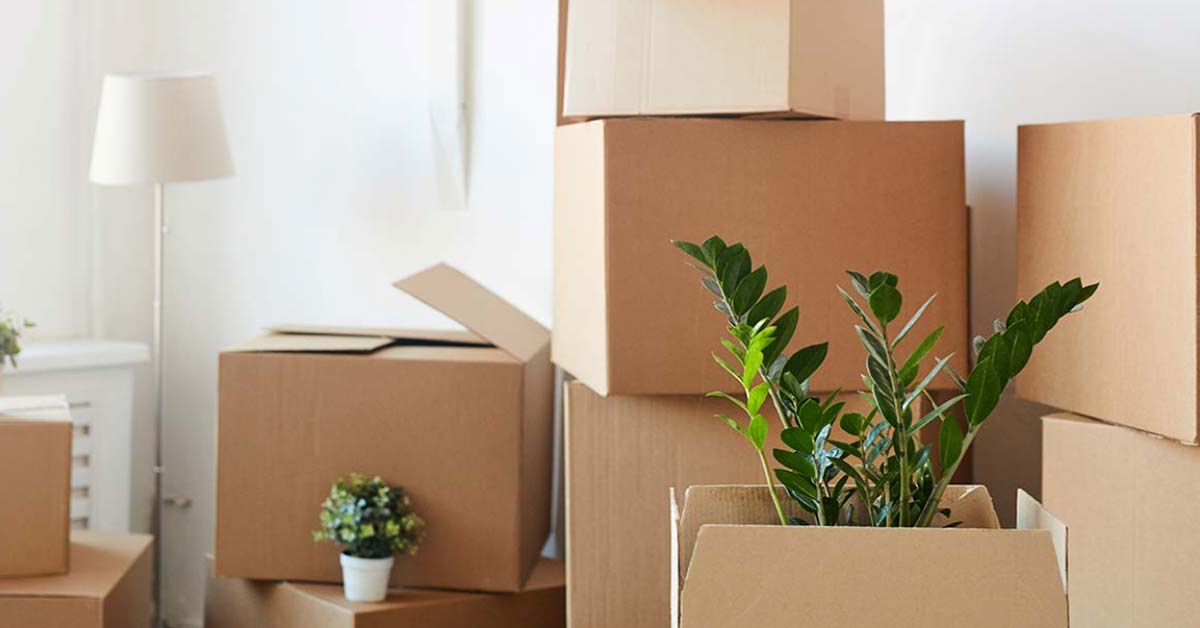Moving into a new home can be an exciting yet overwhelming experience. Whether you’re relocating to a new city or simply moving across town, careful planning and organization can make the process much smoother. To help you navigate this transition successfully, we’ve compiled a list of 10 important things to do when moving into a new home. By following these steps, you’ll be well-prepared to settle into your new abode with ease.
Create a Moving Checklist
Start by creating a comprehensive moving checklist. This will serve as your roadmap throughout the moving process, ensuring that you don’t overlook any essential tasks. Include items such as notifying utilities, packing essentials, and arranging for movers.
Notify Utility Companies
Before moving day, contact utility companies to schedule the disconnection of services at your old home and the connection of services at your new residence. Arrange for the transfer or setup of electricity, gas, water, internet, and other essential services.
Change Your Address
To avoid any disruption in your mail delivery, notify the post office, as well as important contacts such as banks, insurance companies, and subscription services, about your change of address. Update your address on official documents and consider setting up mail forwarding to ensure you receive any mail sent to your old address.
Plan Your Packing Strategy
Develop a packing strategy to make the process more organized and efficient. Start by decluttering and sorting your belongings. Pack room by room, clearly labeling each box with its contents. Don’t forget to create an essentials box containing items you’ll need immediately upon arrival. If there are items that you want to keep but don’t necessarily want to bring to your new home, consider renting a storage unit. You can store belongings that you don’t need daily such as snowboard, bicycle, or old photos in a storage unit and retrieve these items when you need them.
Hire Professional Movers or Enlist Help
Decide whether you’ll hire professional movers or enlist the help of family and friends. Research reputable moving companies, request quotes, and book well in advance. Alternatively, if you choose to move independently, ensure you have a reliable transportation method and enough manpower to assist you.
Take Measurements and Plan Furniture Placement
Visit your new home before moving day to take measurements of each room. This will help you plan furniture placement and determine if any items need to be sold, donated, or purchased to fit the space. Having a clear layout in mind will expedite the unpacking process.
Prepare for Moving Day
As moving day approaches, pack a bag with essentials such as a change of clothes, toiletries, important documents, and any medications you may need. Make sure you have snacks and water readily available to stay energized throughout the day.
Conduct a Thorough Cleaning
Before bringing in your belongings, give your new home a thorough cleaning. Scrub floors, wipe down surfaces, and sanitize bathrooms and kitchen appliances. This way, you’ll start fresh and feel more at ease in your new environment.
Unpack Strategically
Begin unpacking room by room, focusing on the essentials first. Assemble furniture, unpack kitchen essentials, and set up your bedroom for a good night’s sleep. Take breaks and pace yourself to avoid feeling overwhelmed. Unpacking gradually will help you maintain order and make the process more manageable.
Get to Know Your New Neighborhood
Lastly, take the time to explore your new neighborhood. Locate nearby amenities such as grocery stores, pharmacies, and parks. Introduce yourself to your neighbors and join local community groups to start building a sense of belonging.
Moving into a new home is an opportunity for a fresh start and exciting adventures. By following these 10 important steps, you can streamline the moving process and ensure a smoother transition. From careful planning and organization to settling into your new surroundings, these strategies will help you create a comfortable and welcoming home in no time.



